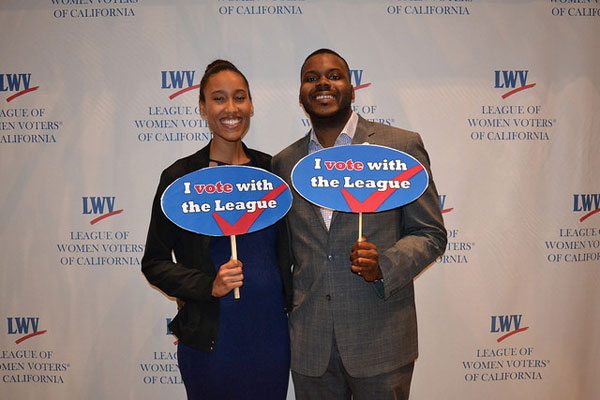
February 12, 2018; CBS News
Stockton, California’s mayor, Michael Tubbs, has been in the news quite a bit lately, and for good reason. The 27-year-old Stanford graduate has, in partnership with nonprofits, started the process of implementing some truly incredible policy projects.
The project that’s earned him and Stockton the most attention—both positive and negative—has been the partnership with the Stockton Economic Empowerment Demonstration. The program will try out universal basic income (UBI) with some of Stockton’s residents, who will receive $500 per month during the project’s pilot phase.
UBI programs have been criticized as removing the incentive to work. The argument goes that when people are guaranteed a supplement to their income, they will replace working time with leisure time. New research, however, indicates that such disincentives may not be of concern. In a look at Alaska’s Permanent Fund, which gives citizens an annual cash transfer, economists found the cash transfers had no effect on labor force participation.
Sign up for our free newsletters
Subscribe to NPQ's newsletters to have our top stories delivered directly to your inbox.
By signing up, you agree to our privacy policy and terms of use, and to receive messages from NPQ and our partners.
It is important to note that the Stockton project is not currently planned to be universal or permanent, which may complicate any results it will yield. Prior studies of cash transfers show that when they are not permanent or universal, their net impact can mean fewer people working. There is evidence, though, that there are positive effects on health and education outcomes.
Stockton is also working with nonprofits to improve the long-term prospects of its citizens as well. Stockton suffers from an above average crime rate, and one in four residents falls below the poverty line. To address crime, Mayor Tubbs has partnered Stockton with Advance Peace, which works with high-risk individuals involved with violent firearm crime to try to prevent recidivism and death, among other things. The group does so through a “high-touch” program that eventually involves cash incentives to stay out of trouble.
The third project partnership is with the Stockton Scholars program, which will provide $1,000 annual scholarships to students from the Stockton Unified School District who attend four-year colleges and $500 annual scholarships to attendees of two-year and trade schools. While far from a full ride, these scholarships provide needed assistance to low-income students. Perhaps just as important, the program provides a valuable support network for awardees.
Tubbs recognizes the problems facing his constituency and, with the help of nonprofits, is taking bold steps to address them. For better or worse, the success of his term will likely hinge on the success of these programs. Through a trial of universal basic income, an aggressive anti-recidivism program, and financial aid to public school students going to college, Stockton has a clear, if uncharted, path forward.—Sean Watterson












